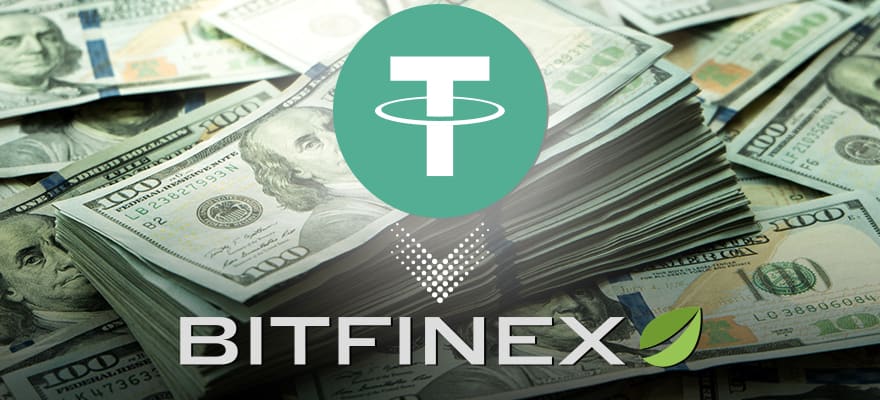The ongoing battle between the New York Attorney General (NYAG) and iFinex has taken another turn as the latter submitted multiple court filings claiming that the company never illegally served New York residents.
The July 22 filings by the crypto company came in response to the NYAG’s recent allegation that the offshore company was allowing customers based in New York state to trade crypto on the platform until December 2018, violating state rules.
Bitfinex and Tether’s attorney Stuart Hoegner, in the recent filing, claimed that the pieces of evidence submitted by the prosecutor were baseless and “contain a number of inaccurate and misleading assertions.”
All are eligible
The documents explained that the clients trading from the US state are eligible contract participants (ECPs), who are legally allowed to trade on the platform as they are registered as foreign entities.
“Under Bitfinex’s and Tether’s Terms of Service, Eligible Contract Participants (“ECPs”) that transact with Bitfinex or Tether must be foreign entities. Although those foreign entities may have shareholders or personnel who reside in, or otherwise have contact with, the United States or New York, Bitfinex’s and Tether’s customers are the foreign entities themselves … Bitfinex and Tether do not transact with any New York ECPs,” the filing stated.
The firms’ attorney also mentioned a few ECPs, which include former Fortress partner Mike Novogratz’s Galaxy Digital, an entity with an address in the New York.
How will it turn now?
According to the company, Bitfinex followed the state’s law and terminated its services there in January 2017, followed by a nationwide ban in August for all US-registered entities and retail customers.
The filings also argued that although the NYAG’s evidence showed that the crypto trading company was serving New York-based clients, it could not establish that any of the investors were harmed by the trading activity.
“After broad jurisdictional discovery, OAG has not shown that any aspect of the Crypto Capital relationship or the loan transaction — the basis for the § 354 Order — touched on New York in any way. OAG has failed to identify a single New York customer who was misled or even considered representations about tether’s backing, nor any New Yorker harmed,” the filing noted.
An additional filing was also submitted by the company’s attorney, appealing to the court to dismiss the case alleging that the NYAG’s office did not serve mandatory papers to Bitfinex and Tether.

















